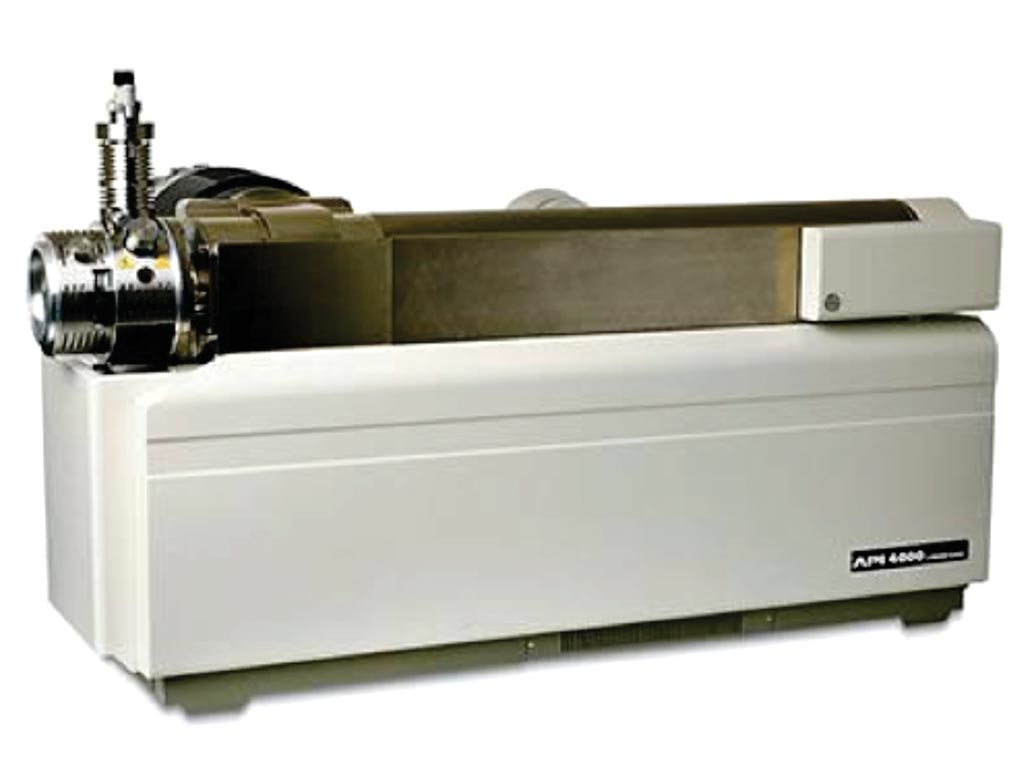Novel Biomarkers Revealed for Future Dementia Risk
By LabMedica International staff writers
Posted on 20 Mar 2018
Dementia, including Alzheimer's disease (AD), is a major public health problem with devastating physical, financial, and social consequences for patients, their caregivers, families, and society.Posted on 20 Mar 2018
Dementia is increasingly recognized as a heterogeneous syndrome that would be best addressed with a multipronged approach to prevention and treatment, analogous to the multipronged and individually tailored use of statins, anti-hypertensives, antiplatelet agents, and vasodilators in persons with coronary artery disease.

Image: The 4000 QTRAP triple quadrupole mass spectrometer (Photo courtesy of AB Sciex).
An international team of scientists collaborating with those at the University of Texas Health Sciences Center (San Antonio, TX, USA) analyzed small molecules called metabolites in blood samples drawn from 22,623 individuals, including 995 who went on to develop dementia. The participants who were all of European ancestry were enrolled in eight research cohorts in five countries.
A serum nuclear magnetic resonance (NMR) metabolomics platform was used to quantify 228 circulating metabolites, lipid or lipoprotein lipid measures in seven of the eight cohorts. Liquid chromatography-tandem mass spectrometry (LC-MS) was also used. LC-MS data were acquired using either an AB SCIEX 4000 QTRAP triple quadrupole mass spectrometer for positively charged polar compounds and lipids) or an AB SCIEX 5500 QTRAP triple quadrupole mass spectrometer for negatively charged polar compounds.
The team found that found that higher blood concentrations of molecules called branched-chain amino acids (BCAAs) were associated with lower risk of future dementia. All three BCAAs, isoleucine, leucine, and valine, were inversely associated with incident dementia. Another molecule, creatinine, and two very low-density lipoprotein (VLDL)-specific lipoprotein lipid subclasses also were associated with lower risk of dementia. One high-density lipoprotein (HDL) and one VLDL lipoprotein subclass were associated with increased dementia risk.
The authors concluded that their large prospective study identified lower BCAA levels to be associated with an increased risk of incident dementia, independent of other conventional risk factors. Moreover, creatinine, one HDL, and three VLDL lipoprotein subclasses were also associated with dementia risk, but these associations disappeared when adjusted for BMI and cholesterol-lowering medication. The study was published on March 5, 2018, in the journal Alzheimer's & Dementia: The Journal of the Alzheimer's Association.
Related Links:
University of Texas Health Sciences Center













